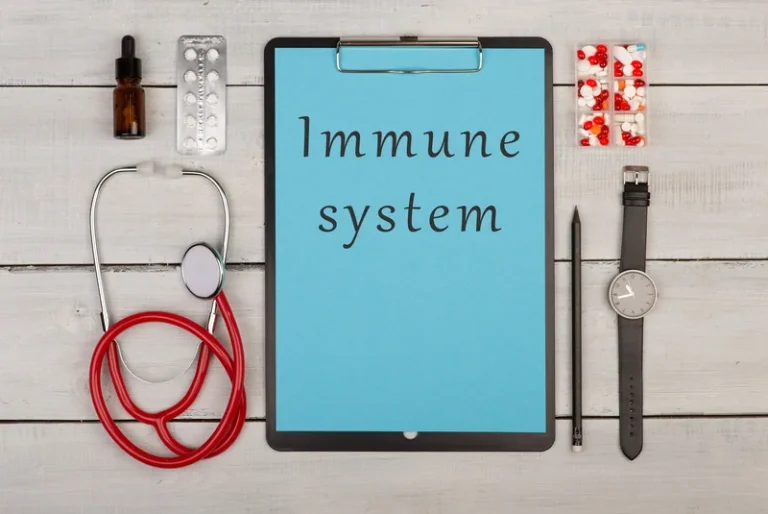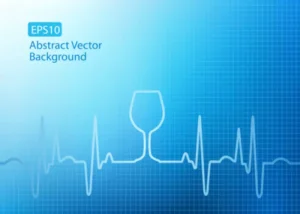
The ultimate goal is to help them get into a treatment program that addresses their substance abuse and the way it causes them to behave. But this is often easier said than done, and mean drunks can turn violent when provoked — meaning that if you share a living space with one, your safety should be your main priority. People known to have anger outbursts on alcohol can end up destroying alcoholic rage syndrome relationships. Even the people who care about them the most can be unable or unwilling to continue to tolerate the abuse. There may be very little you can do to help someone with AUD until they are ready to get help, but you can stop letting someone’s drinking problem dominate your thoughts and your life. It’s OK to make choices that are good for your own physical and mental health.
The Difference Between Anger and Aggression
- Having someone close to you, whether it is a friend, a romantic partner, a family member, or even a parent who struggles with addiction, is challenging.
- Your treatment will depend on the role alcohol plays in your life and how present anger is during your everyday lived experience.
- Growing up in a home where alcohol use is common, can leave lasting scars.
- While alcohol abuse can have severe consequences and lead to long-term damage and even death, some of the effects can be reversed when you stop drinking.
- You may be irritable, impulsive, aggressive or angry most of the time.
Because alcohol is a psychoactive drug, it temporarily alters your mood, perception and feelings. Intoxicated people may feel more outgoing, lonely, joyful — or angry. For example, if you start drinking when you’re lonely and sad, you may find the alcohol makes you feel even more desolate and distressed than you did when you were sober. Lack of emotional support, social isolation, disengagement from recovery programs, and not treating co-occurring disorders can contribute to dry drunk syndrome. If you or someone you love is battling aggression and alcohol misuse, help is available. Consult with a mental health professional and/or an addiction specialist who can provide resources and recommendations for treatment options.

Domestic Violence

People who tend to ignore the future consequences of their behavior, or score low on the Consideration of Future Consequences (CFC) scale, have been found to display more aggression. This is heightened when consuming alcohol, according to a 2012 study. There are a number of cognitive, neurobiological, and social factors that can influence how alcohol affects aggression.
- Enabling occurs when someone else covers up or makes excuses for the person who has a SUD.
- There are a number of cognitive, neurobiological, and social factors that can influence how alcohol affects aggression.
- When it comes to anger specifically, people may experience a phenomenon called “alcohol myopia” in addition to their already heightened emotions.
- Alcohol can provoke different emotional responses for different people.
- It’s an understatement to say that living with an explosive partner is difficult.
How to Prevent and Treat Alcohol-Related Aggression
Emotional withdrawal symptoms can include agitation, anxiety, depression, irritability, and tension as well as sleep disturbances, insomnia, and physical discomfort. A person may become very tense and have difficulty winding back down. Alcohol withdrawal can be potentially life-threatening, in the case of severe dependence. Medical detox is typically considered the optimal method for allowing alcohol to safely process out of the body while under continual medical supervision. When people have difficulty controlling impulses, trouble regulating their emotions, or may present a danger to themselves and/or others, medical detox is required.
Under the influence of alcohol, those already predisposed toward anger may vent or, more seriously, direct their anger toward a target that might be experienced as less threatening than the original target. It’s important to note that these symptoms can differ and represent variables in severity and duration depending on the individual and the extent of alcohol abuse. Seeking professional help is crucial to address the underlying issues and facilitate the journey to recovery and healthier coping mechanisms. The best decision you can make is often the most difficult because it may involve putting your life, your family and your career on hold.

Risk factors
Someone with AUD typically doesn’t want anyone to know the level of their alcohol consumption because if someone found out the full extent of the problem, they might try to help. However, for someone with an alcohol dependence, that expectation may turn out to be unreasonable. If the person is incapable of even being honest with themselves, it may not be reasonable to expect them to be honest with you. What might seem like a reasonable expectation in some circumstances might be totally unreasonable when it comes to someone with an addiction.


Lascia un commento